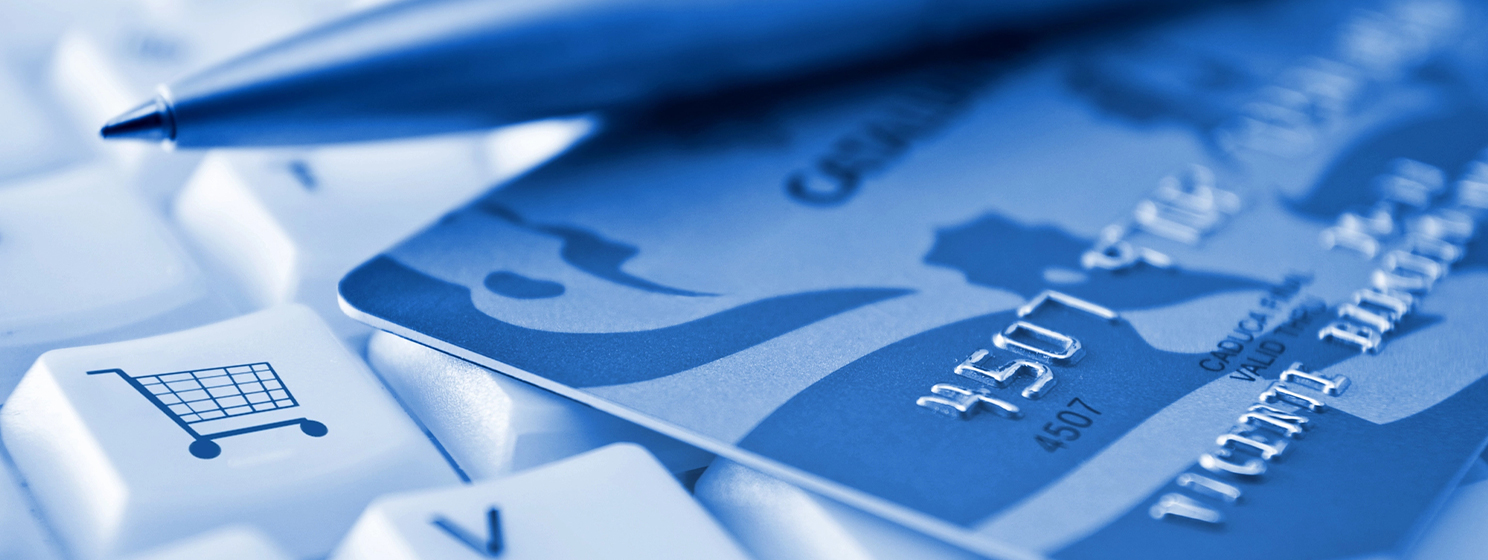|
Getting your Trinity Audio player ready...
|
The Philippine eCommerce industry is poised for another year of significant growth, with the platform delivery sector leading the way. According to Statista, this sector is expected to generate $1.28 billion in revenue in 2025. In an article published by Philippines Graphic, Foodpanda Philippines’ Managing Director, Daniel Jaramillo, affirms this trend, saying, “We have seen firsthand the growing demand for convenience and sustainability among consumers. So, it is vital that we continue to innovate and adapt, ensuring we meet our stakeholders’ needs as we achieve growth.”
As food and grocery deliveries rise, the role of riders in the logistics and eCommerce ecosystem is more crucial than ever. This is where eTap Solutions comes into play. With over 4,000 self-service kiosks nationwide, eTap has become pivotal in providing financial accessibility to delivery riders who rely on seamless and timely transactions.

eTap Solutions, a wholly owned Electronic Transfer & Advance Processing, Inc. subsidiary, has expanded its payment kiosks to support riders from platforms like Shopee Xpress, Grab (NASDAQ: GRAB), and Foodpanda. These riders depend on digital payments for top-ups, remittances, and bill payments, making eTap’s services a game-changer for their daily financial needs.
“Rider remittance has emerged as one of our machine’s most popular features, serving couriers from leading logistics and food delivery platforms,” says eTap Solutions President and CEO Carlo Hernandez. “That’s why we’re committed to developing secure, convenient, and accessible solutions that allow them to operate efficiently.”
For many riders, time is money. Handling cash, waiting in long lines, or traveling far for financial transactions can disrupt their work schedules and earnings. eTap’s strategically placed kiosks in supermarkets, pharmacies, and convenience stores allow riders to remit their daily earnings conveniently, saving them time and effort.
Pancho Alberto Dizon, Communications Manager at eTap, says, “Timely remittances are super crucial for riders, and that’s where we come in. Our kiosks are in places where a rider naturally finds themselves—grocery stores, pharmacies, bakeshops. Imagine a rider needing to buy medicine for their family; they can remit their earnings at the same location without the hassle of long lines or separate trips.”
With digital payments becoming the backbone of logistics and e-commerce, the integration of emerging technologies such as blockchain is gaining attention. Blockchain, with its promise of enhanced security, transparency, and efficiency, presents a compelling case for financial service providers like eTap.
Hernandez acknowledges blockchain’s potential saying, “At eTap Solutions, we closely monitor evolving technologies, and blockchain is undeniably one of the most significant developments in the payments industry. What fascinates me about blockchain is its dual advantage: first, its use of encryption and decentralization to provide a highly secure transaction record; and second, its efficiency—some blockchains can process and finalize transactions within minutes.”
Security remains a top concern in fintech, and blockchain’s immutable ledger can provide an added layer of fraud prevention. As Hernandez elaborates, “Blockchain’s encryption and decentralization reduce risks like fraud and unauthorized transactions. Additionally, the transparency of a distributed ledger ensures that every transaction is verifiable, which can help build trust among users. This matters especially when you have a wide network like eTap’s, with over 4,000 kiosks in Luzon, Visayas, and Mindanao.”
Despite its potential, regulatory frameworks remain a challenge.
“Like any emerging technology, blockchain needs to be studied carefully before adoption. The primary challenge will be ensuring regulatory alignment—local financial authorities are still defining the framework for blockchain applications. Collaboration with regulators and other financial players will be crucial in determining how blockchain can fit into eTap’s long-term strategy,” Hernandez explains.
Beyond blockchain, eTap is embracing other emerging technologies to improve its services. The company has been investing in artificial intelligence (AI), automation, and business intelligence tools to enhance operations. Dizon shares that eTap recently implemented Amazon QuickSight, a cloud-scale business intelligence service, to analyze transaction patterns and user behavior in real time.
“Everyone in the company had to undergo training, from marketing to copywriting, to ensure we’re all data-driven.”
Additionally, eTap maintains a close relationship with its rider community. The company operates an exclusive Facebook group with over 3,500 members, serving as a dedicated space for engagement, assistance, and feedback collection.
“We conduct regular rider studies to understand their pain points and continuously improve our services. Sometimes it’s a simple Google form, but we also host in-person discussions to get direct insights from our users,” said Dizon.
Looking ahead, eTap aims to scale its network further, targeting an additional 2,000 kiosks per year while exploring emerging technologies.
“We’re keeping an eye on blockchain, AI, machine learning, and the Internet of Things. Our priority is to upskill our team so we can integrate these technologies responsibly,” Dizon added.
The Philippines is rapidly transitioning to a cashless economy. A recent Visa (NASDAQ: V) report highlights that 55% of Filipinos now use cashless payments. With the rise of e-wallets and digital financial solutions, platforms like eTap will continue to play a vital role in driving financial inclusion, especially among the country’s growing rider workforce.
“Filipinos are embracing cashless payments, but e-wallet top-ups remain crucial. That’s why we’re focused on making our kiosks as accessible as possible, meeting users where they already are,” Dizon pointed out.
As delivery services continue to fuel the growth of e-commerce in the Philippines, financial service providers like eTap must innovate to keep up with the evolving demands of digital payments. Through blockchain, AI, and a strong commitment to data-driven solutions, eTap is positioning itself at the forefront of fintech innovation—ensuring that riders, merchants, and consumers alike benefit from a more efficient and secure digital economy.
Watch: New age of payment solutions

 02-15-2026
02-15-2026 




